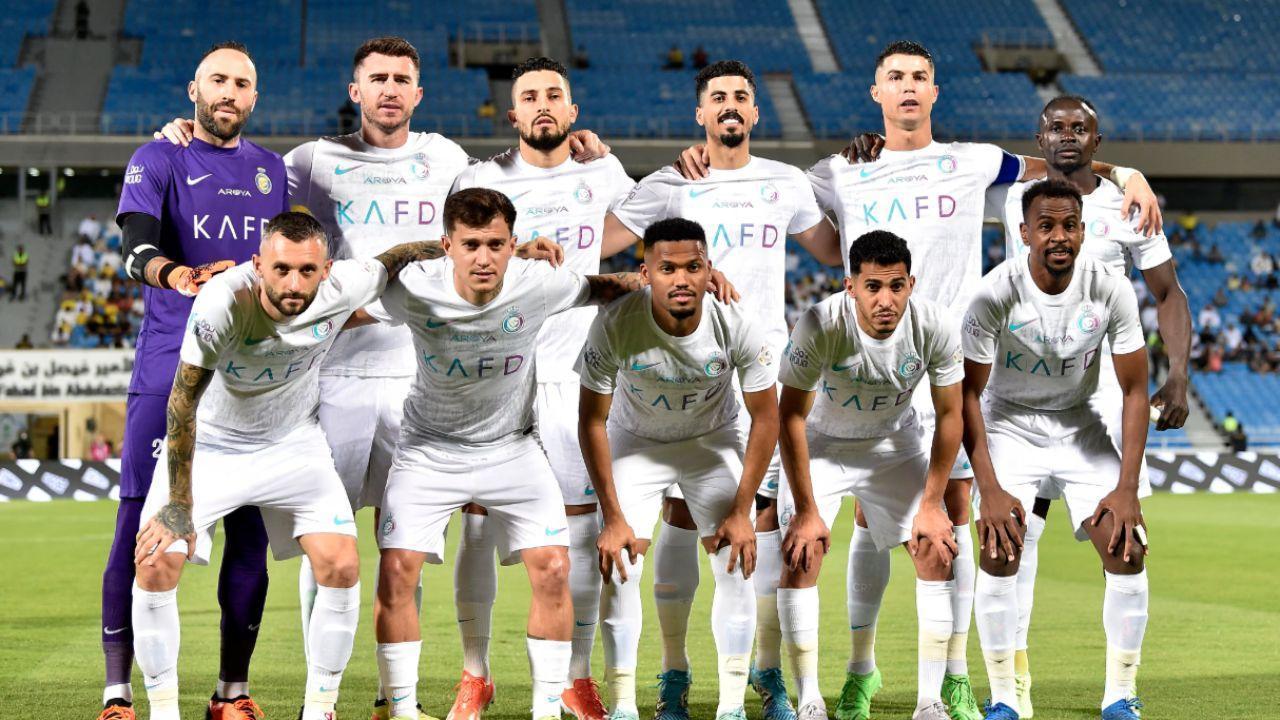
Post by : Priya
Photo:Reuters
In a major move set to reshape the future of football in the United Arab Emirates, the UAE Pro League has introduced a salary cap for all clubs. This significant reform is designed to reduce the league’s reliance on costly foreign signings and shift the focus toward nurturing and promoting homegrown Emirati talent.
The decision has drawn widespread attention, both locally and internationally, for its bold approach to creating a more balanced and sustainable football system. The new regulation is part of the UAE’s broader efforts to strengthen its sports ecosystem, empower young athletes, and raise the standard of local football.
A Turning Point in Emirati Football
For many years, the UAE Pro League has attracted high-profile foreign players, often with the help of massive salaries. While these star names brought glamour and increased attention to the league, critics argue that the heavy spending created an uneven playing field and made it harder for young Emirati players to find space on the field.
With the new salary cap, the league hopes to change this trend. Under the new rules, each club will have a strict limit on how much it can spend on player wages. The aim is to reduce financial pressure, encourage fair competition among clubs, and promote the development of local talent.
“This is a landmark decision for the future of UAE football,” said a spokesperson from the UAE Pro League. “We are committed to building a strong foundation for the sport, one that prioritizes youth development, fair play, and long-term sustainability over short-term success.”
What the Salary Cap Means
The salary cap will apply to all players, including foreign and domestic signings. Each club will now be required to operate within a maximum wage budget, with penalties for violations. This budget is expected to be adjusted periodically based on the league’s financial health, inflation, and other economic indicators.
Importantly, the cap does not limit investment in training facilities, youth academies, or grassroots programs. In fact, league officials are encouraging clubs to use their resources to improve infrastructure, coaching, and talent development systems.
According to insiders, the league will closely monitor club spending and introduce transparent financial reporting mechanisms. Clubs that break the rules may face fines, points deductions, or transfer bans.
Why the Change Was Needed
The UAE Pro League’s decision comes at a time when many international leagues are also considering ways to manage rising football costs. Financial sustainability has become a growing concern, especially in smaller markets where revenue from broadcasting and sponsorships may not always keep pace with club spending.
In the UAE, the issue became more pressing as clubs increasingly relied on foreign players, often at the cost of giving fewer opportunities to local players. Some Emirati players found themselves stuck on the bench or pushed out of top-tier teams entirely.
Sports analysts have long warned that without strong domestic talent, the UAE’s football ambitions could suffer in the long run. The country has made major investments in sports infrastructure and hosted numerous international events, but building a competitive national team requires consistent development of local players.
This salary cap is seen as a step in that direction—a chance to reset priorities and ensure that young Emiratis are given the support they need to thrive on the field.
Response from Clubs and Players
The reaction to the new rule has been mixed, but largely positive. Many club managers say they welcome the change, especially as it allows them to focus more on long-term planning rather than expensive short-term signings.
“We have talented youth in our academies who deserve a chance,” said Faisal Al Tamimi, head coach of a mid-table Pro League club. “This rule gives us the opportunity to trust our own players instead of always looking abroad for solutions.”
Some foreign players and agents, however, are expressing concern that the rule might reduce the financial attractiveness of the UAE league. While this may be true for the highest-paid stars, the league’s focus is shifting from glamour to growth.
Meanwhile, Emirati players see the rule as a breath of fresh air. Young athletes across the country now feel more confident that they will be given chances to train, play, and grow without being overshadowed by high-priced imports.
“This is good news for players like me,” said Mohammed Saleh, a 20-year-old defender from Al Ain’s youth team. “It gives us a real shot at making it to the top.”
Impact on National Team and Long-Term Goals
One of the main hopes behind the salary cap is that it will help strengthen the UAE national football team. By giving more young players regular playing time in the domestic league, the national team pool will benefit from more experienced and match-ready athletes.
In recent years, the UAE national team has had mixed results on the international stage. While the country has made progress, there is still a long way to go in terms of competing consistently at the highest levels, such as the AFC Asian Cup or World Cup qualifiers.
Experts believe that without a strong domestic base of players, no national team can achieve long-term success. By investing in Emirati players early, the UAE is betting on a future where its national side can match the best in Asia and beyond.
The salary cap is just one piece of the puzzle. Alongside it, the UAE Football Association is working on improving youth competitions, enhancing coaching standards, and creating more pathways for talent identification and development.
Learning from Global Examples
The UAE is not the first country to try a salary cap in football. In leagues across the world—from Major League Soccer (MLS) in the United States to the Chinese Super League—various forms of salary control have been used to maintain competitive balance and control club spending.
MLS, for example, uses a salary cap system to ensure that teams operate within reasonable budgets. The league also has special rules, such as the “Designated Player” rule, which allows teams to sign a few high-paid players without breaking the cap.
Similarly, the Chinese Super League introduced spending limits after concerns about financial sustainability and a lack of local talent development. Although results have varied, these examples show that salary caps can play a key role in shaping the future of football in growing markets.
The UAE Pro League can draw lessons from these experiences to fine-tune its own system and ensure it supports both competitive football and talent growth.
UAE Pro League salary cap


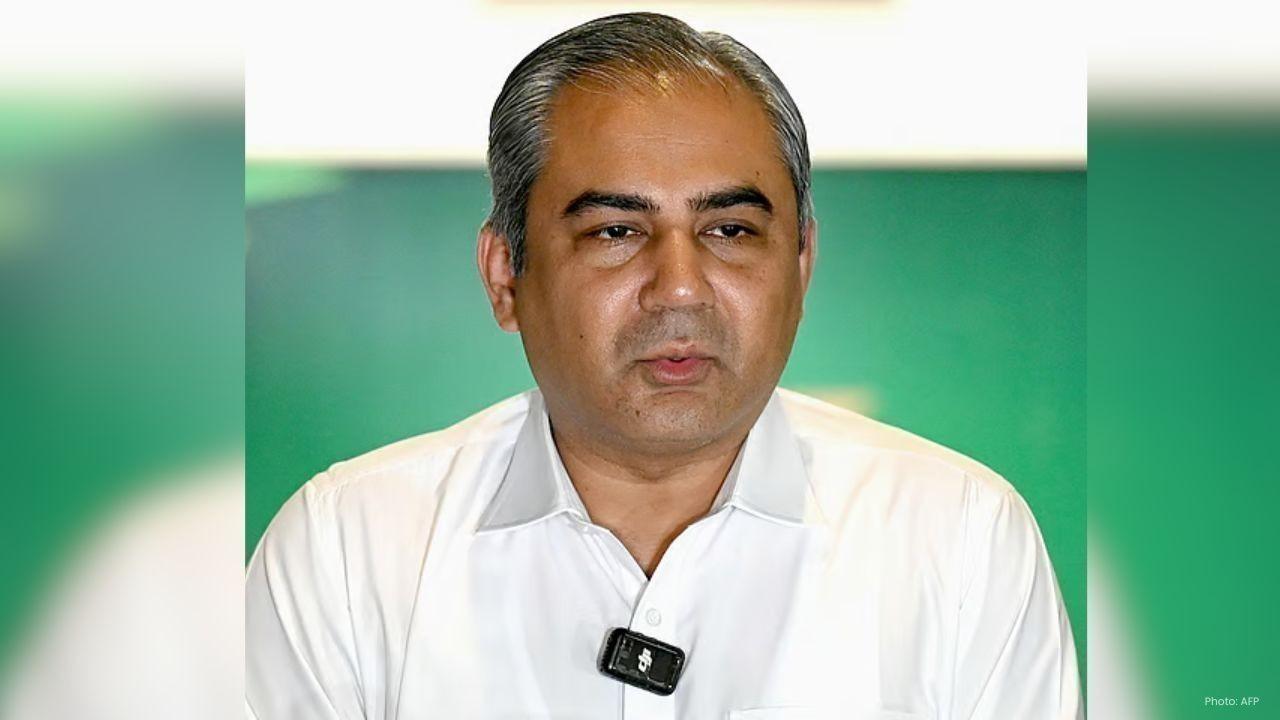
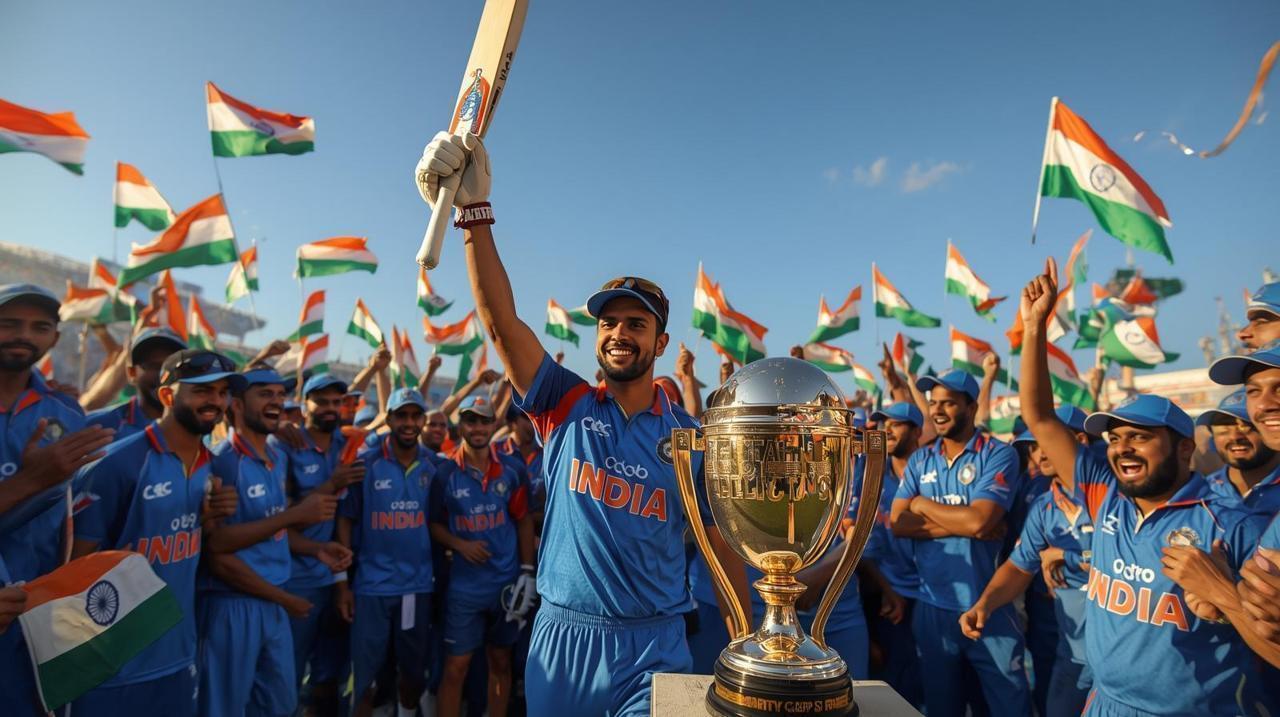
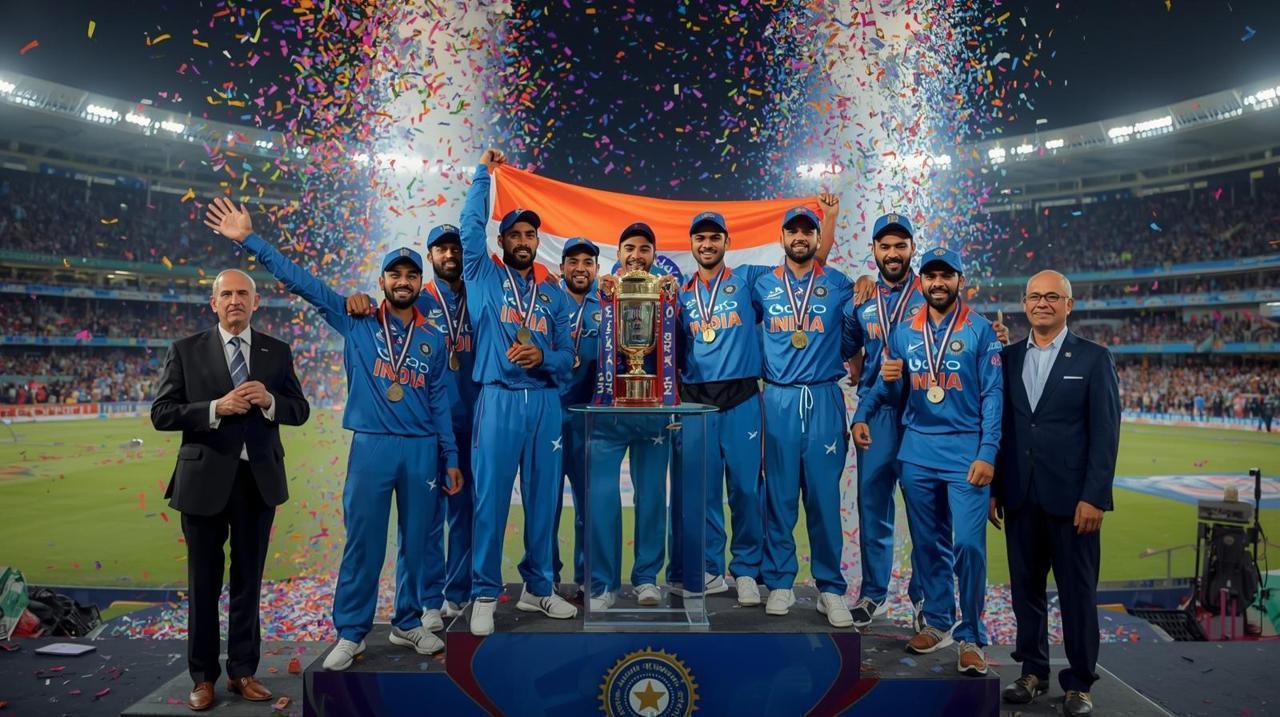
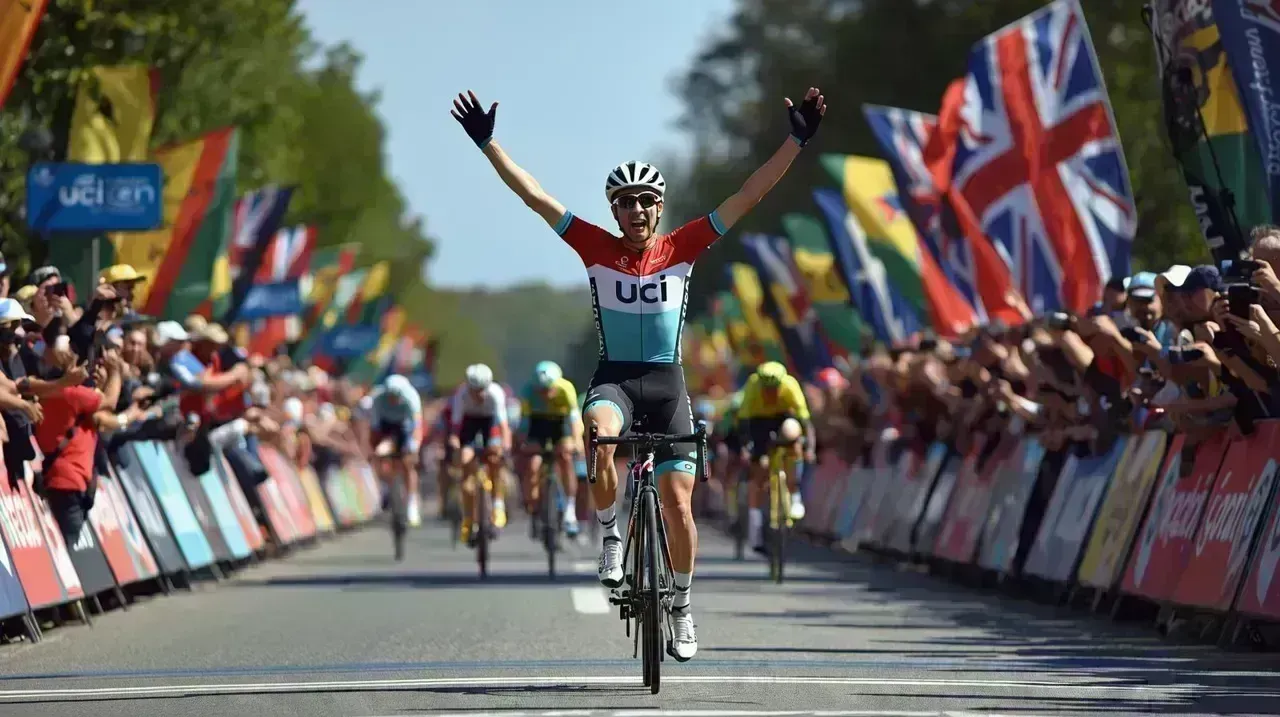


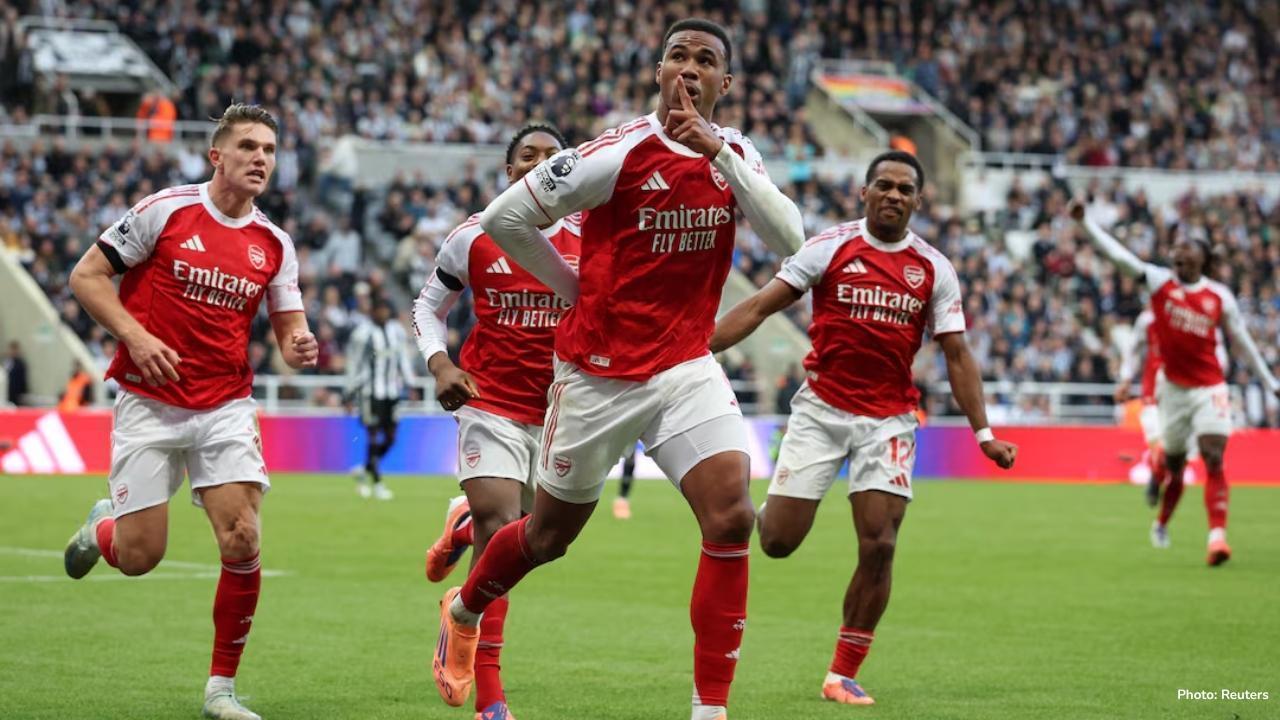

Sinner & Swiatek Shine at China Open: Semifinal Spots Secured
Jannik Sinner and Iga Swiatek advance to the semifinals at the China Open. Read about their victori

Michigan church attack kills 4, injures 8 in shocking violence
A gunman drove into a Michigan church, fired shots, set fire, killing 4 and injuring 8 before police

Moldova’s Pro-EU Party Secures Majority in Key Vote
Moldova’s pro-European PAS wins a strong majority in the parliamentary election, weakening pro-Russi

Gabriel’s late header gives Arsenal 2-1 win at Newcastle
Arsenal snatch dramatic 2-1 win at Newcastle as Gabriel heads the winner in stoppage time; Merino eq

Air France Flight 447 Trial Opens 16 Years After Tragic Crash
Sixteen years after the Air France Flight 447 crash, a trial opens against Air France and Airbus. Le
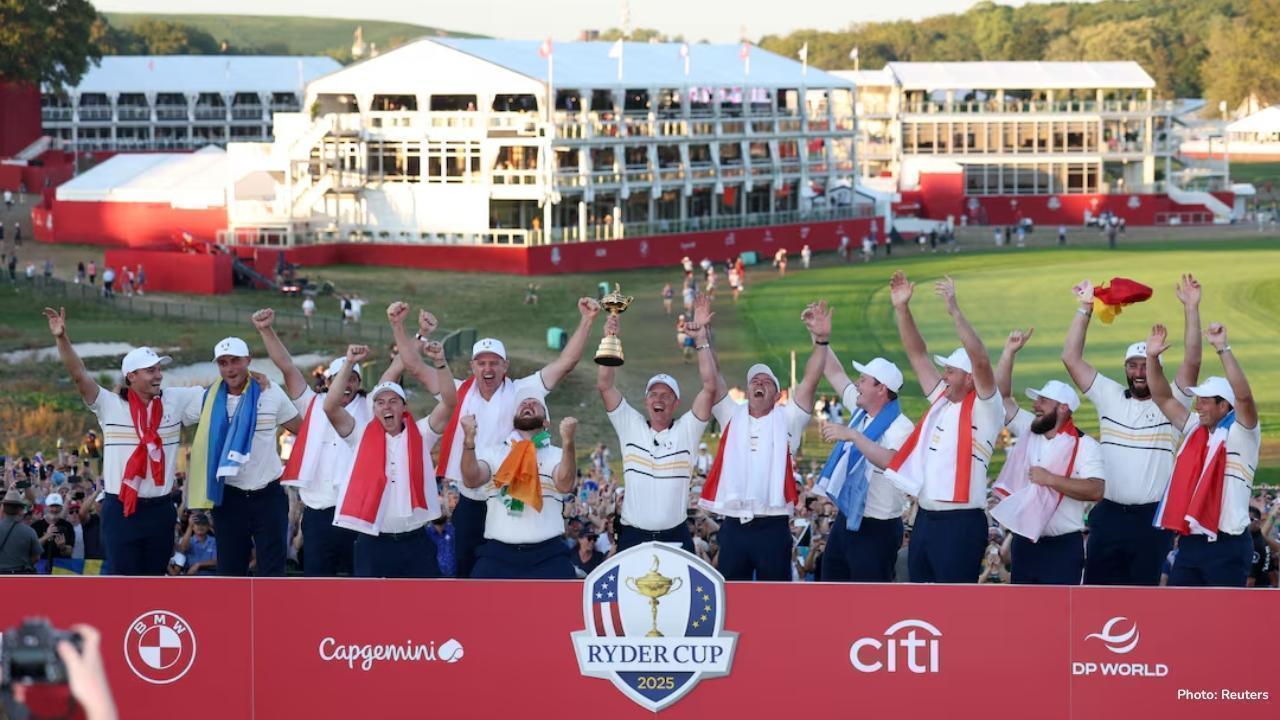
Europe close to Ryder Cup win after strong weekend play
Team Europe is on the verge of winning the Ryder Cup, showing great form in Italy and needing only a